In an earlier article, Finding the Gift in Your Child, I mentioned that when we were first considering home education, I was unsure about my own ability to meet my children’s needs. Not only did we have a daughter born with special medical and developmental needs, but I had two children classified as “gifted and talented” by the local public school. Speech therapy and occupational therapy in a home environment weren’t nearly as frightening to me as the thought of challenging my “GT” kids! I was so afraid that I could not offer a motivating, stimulating environment equivalent to that of the local school program. And I was right….
Ours was better!
Instead of producing an equivalent program (i.e., limiting our own “gifted and talented” situation to one or two half-days a week), we were able to tailor our entire program to the accelerated learning and creative development of our children! Instead of having to wait for the rest of the class to catch up in math, they could move ahead at their own speed. Instead of halting their fascination with the topic at hand because the bus was coming, our children could delve into their latest passion for hours or days or weeks at a time. And one child’s passion was usually contagious, infecting her siblings with at least a functional interest in the topic, as they worked together to learn, create, read, experiment, explore, and discover.
So maybe your child is an accelerated learner – how does this influence your curriculum choices?
I encourage you to think outside the grade-level box and consider her mastery and ability levels for her school work. You can choose a math program at her skill level and a language program at her skill level, regardless of her numerical grade level — most of those programs in both subjects will have placement tests for you. The key is letting her move forward as she is able — think outside the grade level box and instead consider her mastery level, or where she is on the continuum of learning that skills subject.
This may mean that she is working at one level in math and another level in English, and is reading upper level material for history and science. That’s okay. (And it may even mean that she is working ahead of her peers in one subject and “behind” her peers in another area — that’s okay, too! Let her move ahead in her area of passion while helping her succeed at her own rate in the other subjects.)
Consider material that allows learning to be interactive, for your student to engage with the material and explore learning. Remember that for all gifted children, but especially for younger children, hands-on, experiential, discovery learning allows them to explore the concept in unique ways and capitalize on their intellectual curiosity.
One great cure (or outlet?) for the boredom that can easily beset gifted learners is letting them explore what interests them. Living books allow them to do that! If you want help curating, AmblesideOnline.org or Simply Charlotte Mason could be helpful — or anything Charlotte Mason or living books related, or unit studies that allow flexibility and freedom to explore. Moving Beyond the Page is a bit pricier, but many families of gifted learners like it. Clay and Sally Clarkson’s book Educating the WholeHearted Child is a super resource for you as a parent to envision how to fit living books into categories to quantify/qualify learning.
Many gifted children also happen to be prolific readers. You can find some suggested reading lists at the end of this article on reading aloud; even if your child is not reading them aloud, the lists are helpful.

Many gifted learners benefit from a delight-directed approach but with a bit of guidance; check out Rachel Ramey’s move into a less rigid but equally rigorous and more delight-directed approach in her post, Diving into Unschooling: Our Experience. If the thought of that is overwhelming, she also has an article on something a bit more structured but still loosely designed to allow for creativity and exploration: Freeform Homeschool Planning.
Or if you just want to pique your child’s interest, you can pick up some STEM resources, a book in an interest area, some art supplies, a musical instrument, or whatever you think would ignite (or fan) the flame of inquisitiveness — especially if your child has a pretty traditional curriculum otherwise — and just leave it lying around for your child to find. When left casually for him to find, it becomes his “idea” to give it a try! (For more on this, check out “What is Strewing?”)
But what if you have multiple children?
If you add another student, I’d suggest that you offer math and language skills to the younger one at her own levels, but pick what you want the older to do in science, history, etc., then everyone does the same topics in those at his/her own ability level/attention span. In my multi-level teaching articles and workshops, I refer to this as “teaching to the level of the older, allowing the younger to ride the mental bus to their own mental bus stop, then allowing them to hop off the bus at their stop.”
Be aware that if/when your student goes back to a conventional school, most schools will put her in the appropriate chronological level based on age and may test her for their gifted & talented program. You might want to contact the school to ask what their policy is. Having good records of the skills your student has developed and the unique ways she learned can be beneficial.
Specifically for gifted learners:
- The Unhurried Homeschooler by Durenda Wilson (short but powerful; I read the whole book while my banana bread baked) Also by Durenda: The Four-Hour School Day
- Educating the WholeHearted Child by Clay and Sally Clarkson
- Project-Based Homeschooling (Mentoring Self-Directed Learners) by Lori Pickert
- So You Think Your Child May Be Gifted pdf booklet
- Cognitively Gifted
- 10 Awesome Books for Parents of Gifted Kids
- The Learners Lab
- Seng Gifted Website
- 101 Reasons to Homeschool Gifted Children
A few related links:
- A Day in Our Homeschool (mom of gifted learners and a special needs child shares her day)
- What Should I Be Teaching? (Includes grade-level skills checklists at the end)
- So You’ve Decided to Homeschool…NOW What? video “crash course”
- Suddenly Homeschooling-The Basics includes a bit about approaches and styles
- HSLDA’s webinar series has many helpful webinars, including several for curriculum choices
- Finding the Gift in Your Child
- Creating Your Own Opportunities
- Homeschool Fun & Games
The Wild and Free Family: Forging Your Own Path to a Life Full of Wonder, Adventure, and Connection The Brave Learner: Finding Everyday Magic in Homeschool, Learning, and Life
The Brave Learner: Finding Everyday Magic in Homeschool, Learning, and Life The Four-Hour School Day: How You and Your Kids Can Thrive in the Homeschool Life
The Four-Hour School Day: How You and Your Kids Can Thrive in the Homeschool Life The Unhurried Homeschooler: A Simple, Mercifully Short Book on Homeschooling
The Unhurried Homeschooler: A Simple, Mercifully Short Book on Homeschooling Modern Miss Mason: Discover How Charlotte Mason’s Revolutionary Ideas on Home Education Can Change How You and Your Children Learn and Grow Together
Modern Miss Mason: Discover How Charlotte Mason’s Revolutionary Ideas on Home Education Can Change How You and Your Children Learn and Grow Together Let Them Be Kids: Adventure, Boredom, Innocence, and Other Gifts Children Need
Let Them Be Kids: Adventure, Boredom, Innocence, and Other Gifts Children Need The Read-Aloud Family: Making Meaningful and Lasting Connections with Your Kids
The Read-Aloud Family: Making Meaningful and Lasting Connections with Your Kids Honey for a Child’s Heart, Updated and Expanded: The Imaginative Use of Books in Family Life
Honey for a Child’s Heart, Updated and Expanded: The Imaginative Use of Books in Family Life The Year of Learning Dangerously: Adventures in Homeschooling
The Year of Learning Dangerously: Adventures in Homeschooling Project-Based Homeschooling: Mentoring Self-Directed Learners
Project-Based Homeschooling: Mentoring Self-Directed Learners 8 Great Smarts: Discover and Nurture Your Child’s Intelligences
8 Great Smarts: Discover and Nurture Your Child’s Intelligences Real-World Math Projects for Gifted Learners, Grades 4-5
Real-World Math Projects for Gifted Learners, Grades 4-5 Homeschooling Gifted Kids: A Practical Guide to Educate and Motivate Advanced Learners
Homeschooling Gifted Kids: A Practical Guide to Educate and Motivate Advanced Learners Homeschooling Gifted and Advanced Learners
Homeschooling Gifted and Advanced Learners Raising Lifelong Learners
Raising Lifelong Learners Educating the Wholehearted Child
Educating the Wholehearted Child
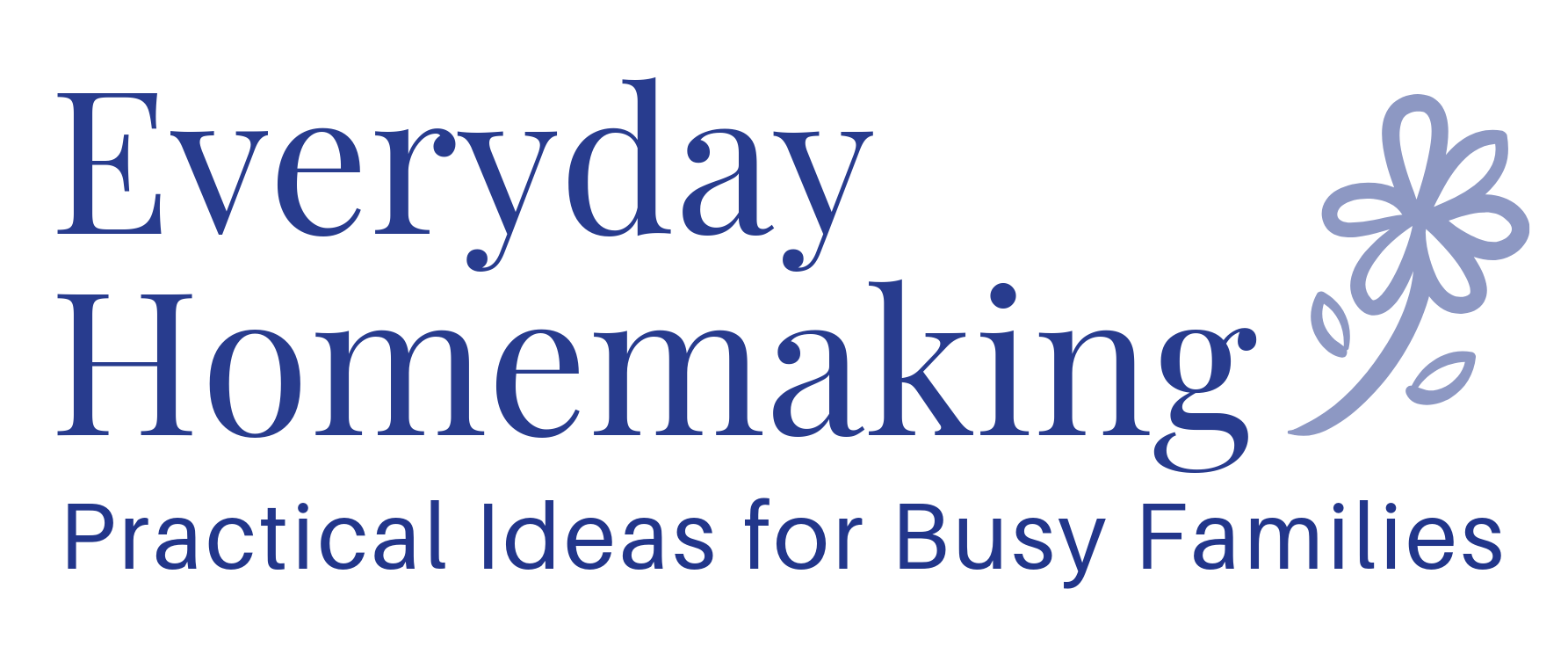









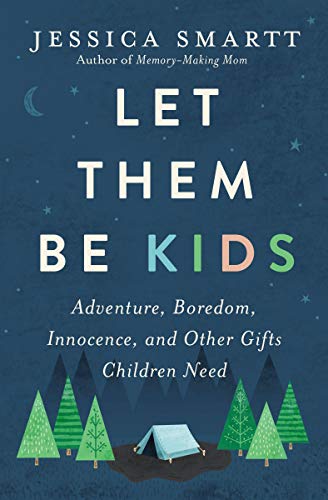
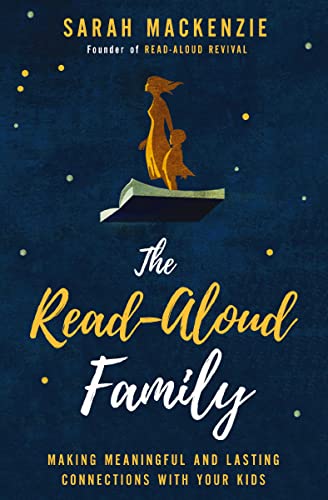

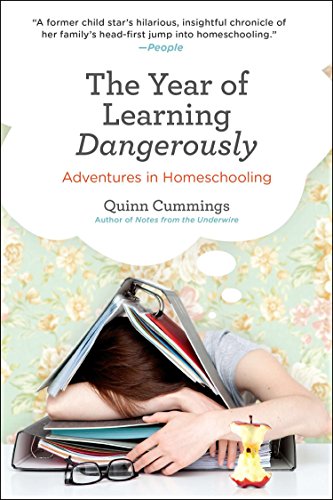





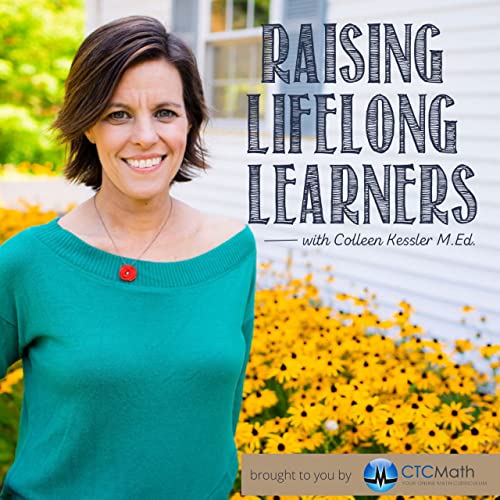









One thought on “Homeschooling a Gifted Learner”